Mirrorless Camera vs DSLR: which camera system should you buy?
Thinking of investing in a new camera? We break down the pros and cons of the two most popular pieces of kit.

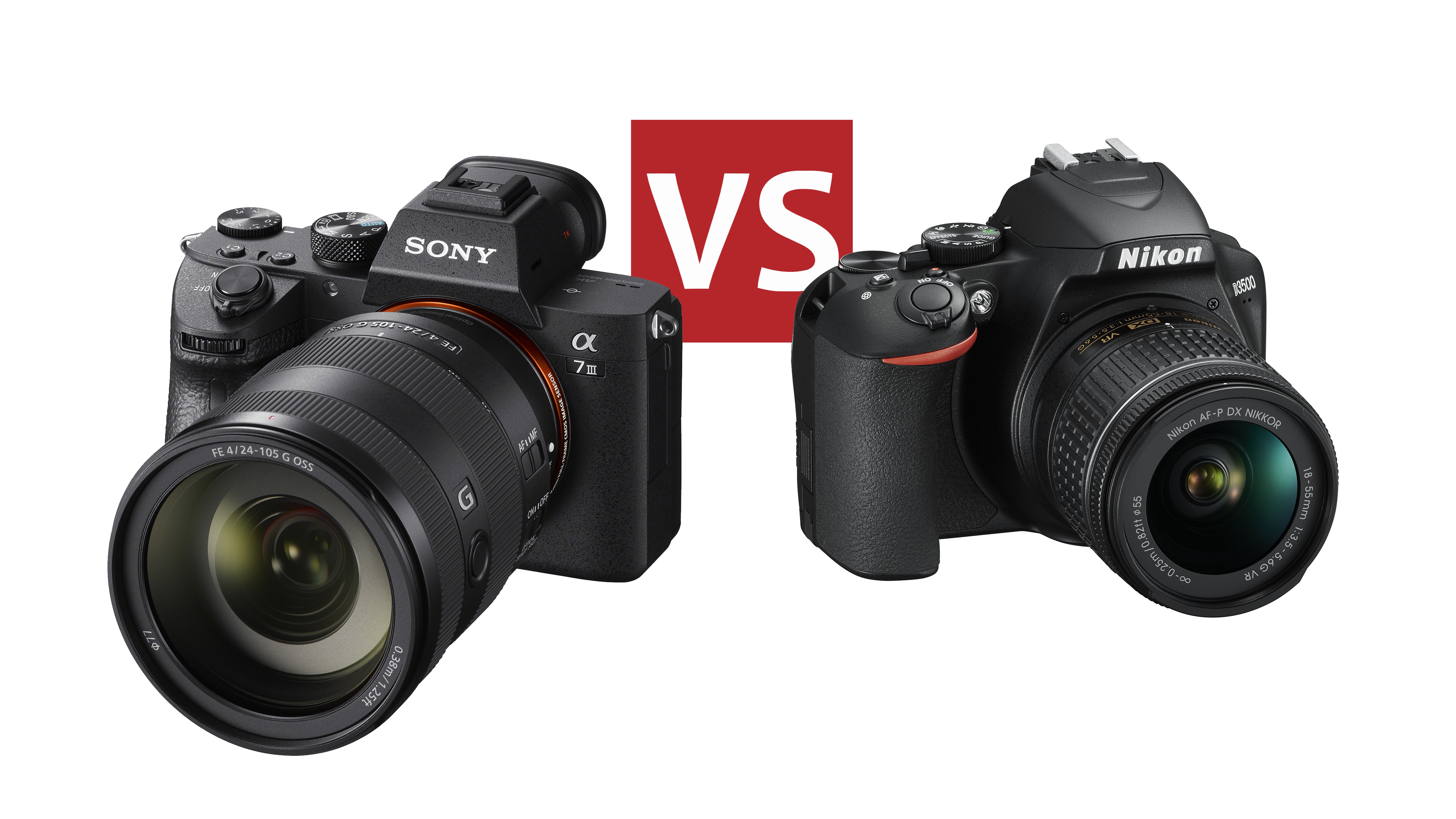
Whether you’re a newbie, amateur or professional photographer, there’s one question that’s one everyone’s minds: what’s better, a mirrorless camera or a DSLR? There are pros and cons to both, and each work well for different types of photography, so it’s important to consider your options before you make your investment.
Mirrorless cameras have become increasingly popular in recent years, with 2018 seeing the likes of Nikon, Canon and Panasonic release new mirrorless models. However, DSLRs have been a solid choice for many photographers for years due to their versatility, so can mirrorless models really match up?
- Best mirrorless cameras
- Best compact camera
- Best action camera
- Best DSLR
- Best instant camera
- Best entry-level camera
There are a number of advantages to mirrorless cameras that DSLRs just don’t have, but ultimately, it depends on your own personal preferences and ability as a photographer, so we’re going to weigh up the differences in both tech and design to help you understand what camera is best for your needs.
What are the key differences between mirrorless and DSLR cameras?
There are a few key differences that can really help you decide which camera is best for you. Primarily, the biggest difference to these cameras is the way the image is displayed.
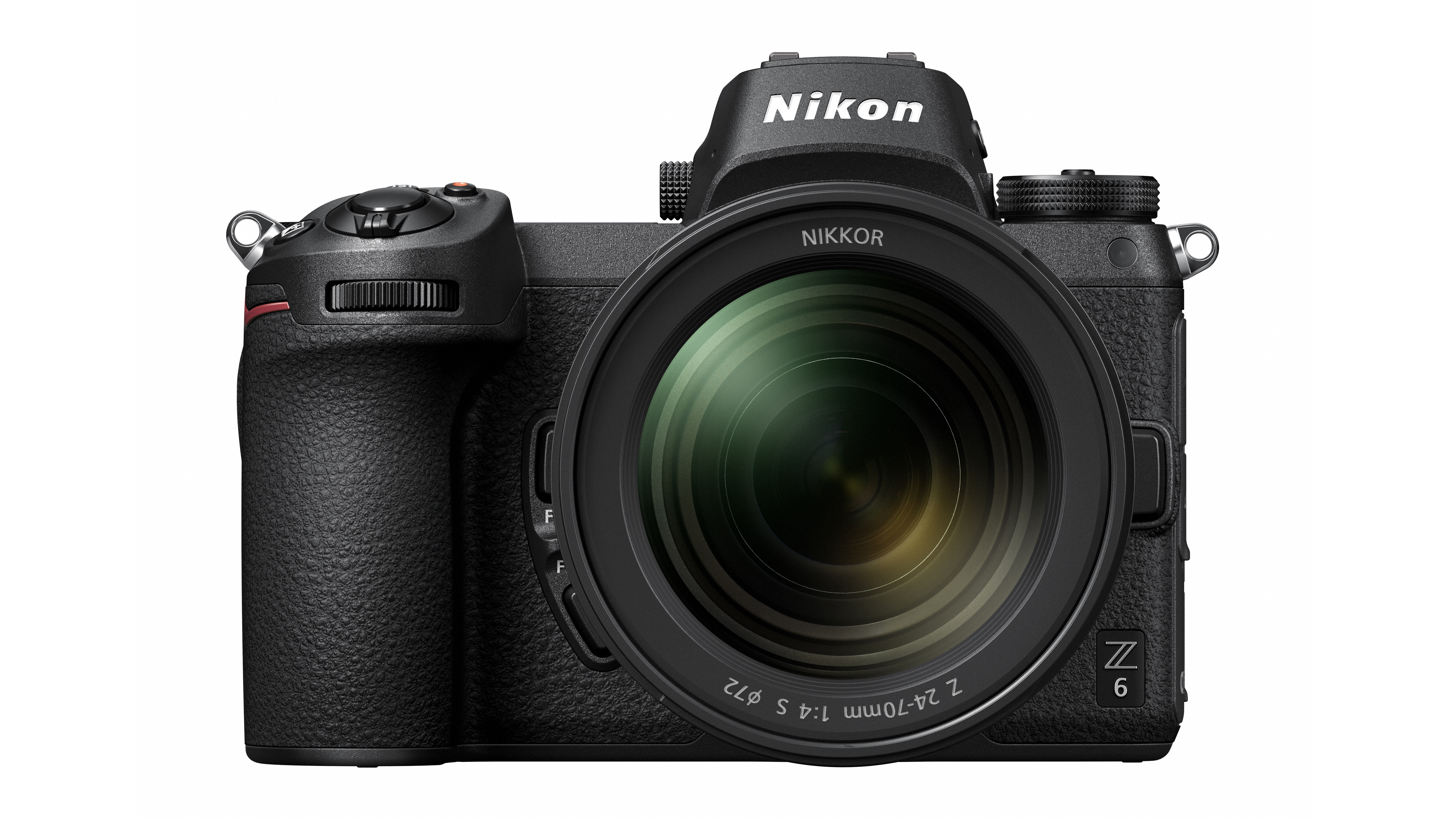
Mirrorless Camera vs DSLR: view finder
Where a DSLR uses a mirror to reflect a “preview” of the image into the viewfinder, a mirrorless camera can give you a direct electronic preview of the photograph in the viewfinder or (if the camera doesn't have a viewfinder) on the display.
When you press the shutter button on a DSLR, the small mirror moves to reflect the image you are shooting. The direct control you have with this traditional point-and-shoot style photography can make it easier and more intuitive for those looking to try photography for the first time.
If you know you want to invest in a DSLR, always look into the ‘frame coverage’ and ‘magnification’ which will give you an idea of how the image will turn out. 95% coverage is said to be ideal for good quality photographs.
Get all the latest news, reviews, deals and buying guides on gorgeous tech, home and active products from the T3 experts
Mirrorless cameras are also a great choice for newbies to photography, but as they use an electronic viewfinder, they are sometimes not as impressive in poor lighting. Ultimately, this has an effect on the final outcome of the photo, but for higher quality you simply need to opt for a bigger sensor size.
Generally, high-end mirrorless models can be quite expensive, especially when opting for a new full-frame model (which ideally you want if you want top quality photos).
Panasonic seem to be leading the way in the mirrorless camera world for both quality and price, but if you're a professional wanting the best mirrorless kit, Sony and Nikon are the way to go.
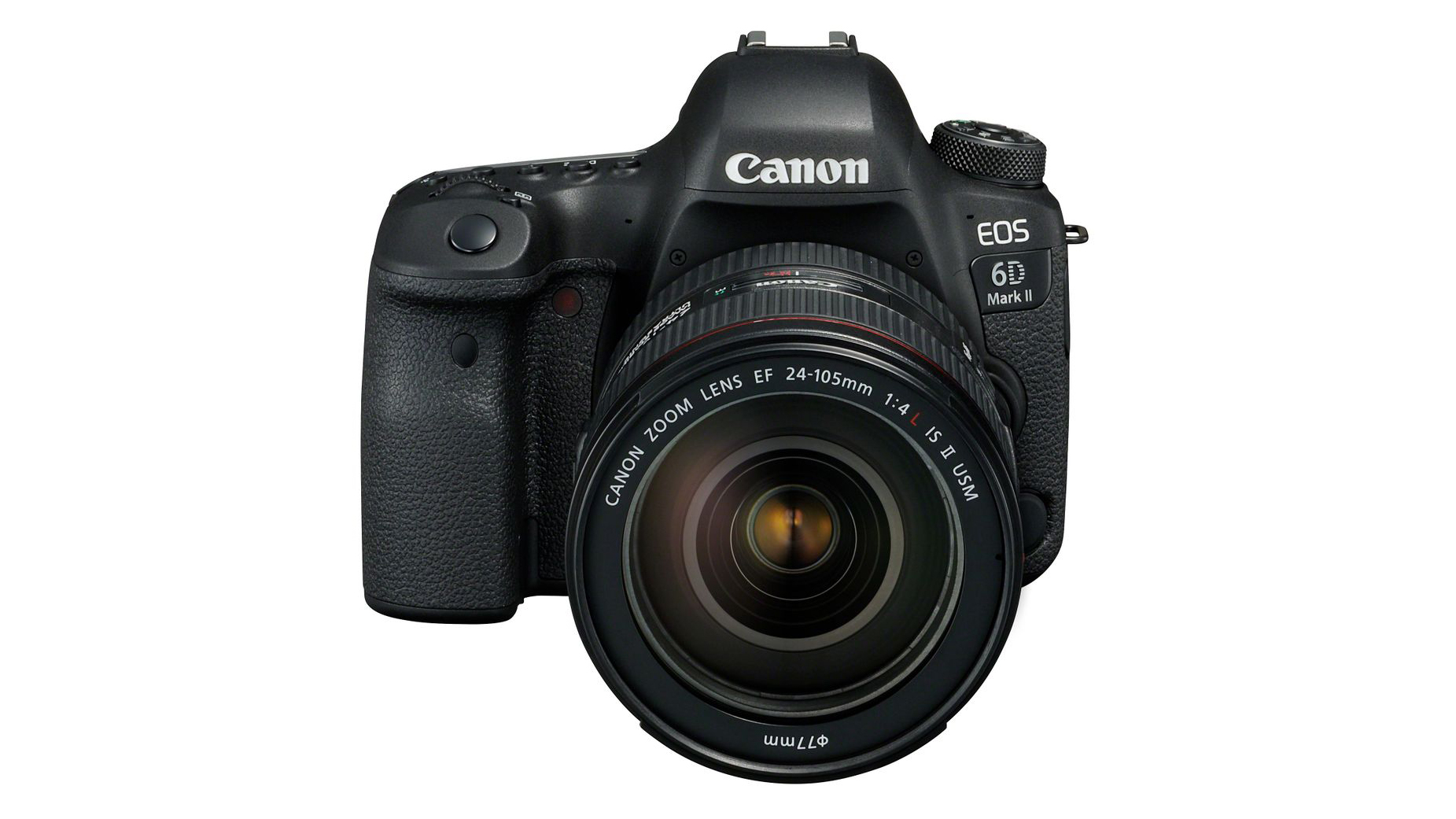
Mirrorless Camera vs DSLR: Lenses
Mirrorless cameras are generally smaller, lighter and easier to carry around, ideal for a novice or anyone who enjoys taking photos as a hobby on holiday, for example.
While DSLRs are chunkier and heavier, those who want to get more serious about their photography may find a DSLR is better for their needs as it allows you to learn a more traditional style of photography.
You can get many more lenses for a DSLR which allows you to play around with techniques, shutter speeds and styles, etc.
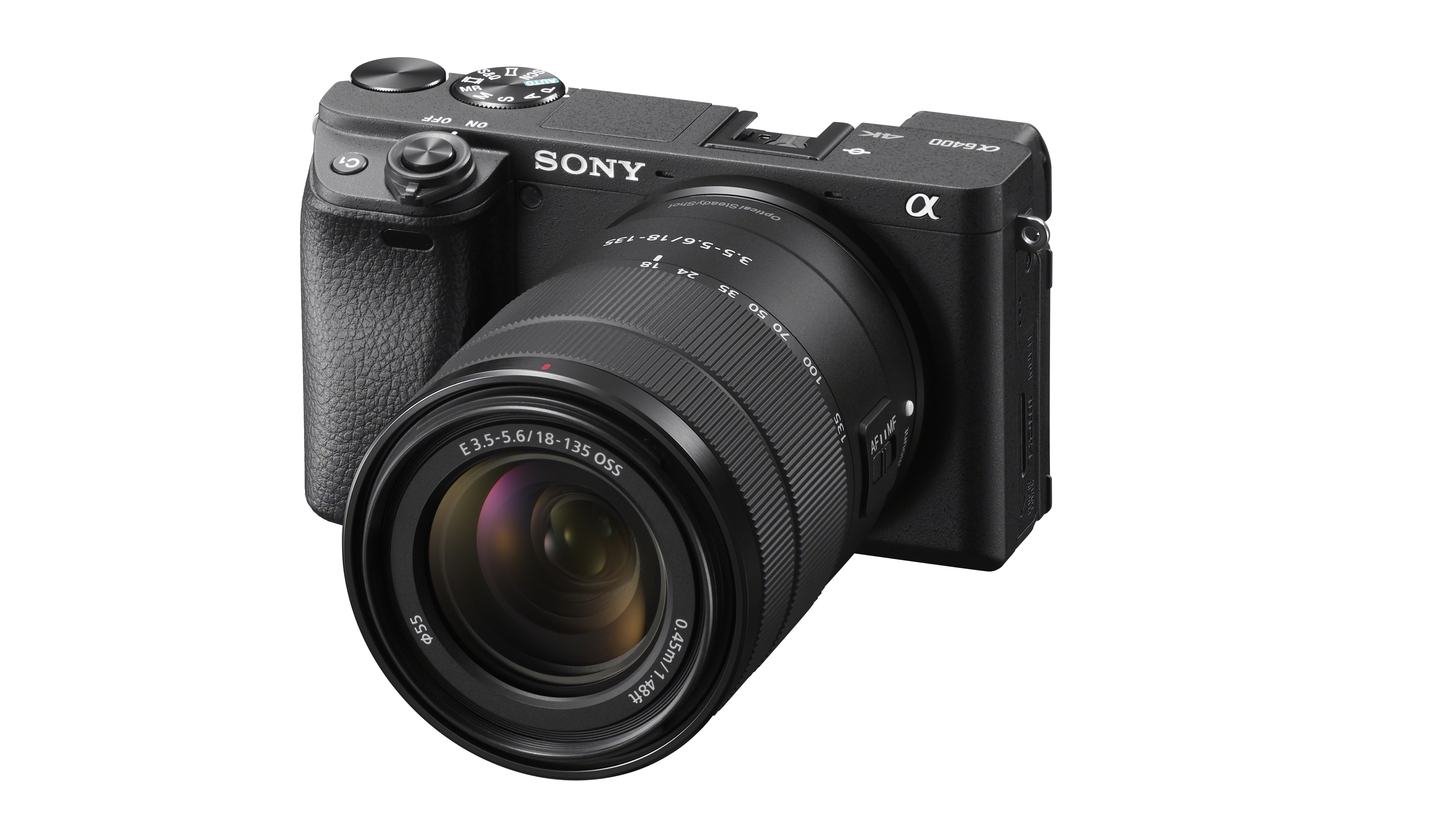
Mirrorless Camera vs DSLR: Battery life
For obvious reasons, mirrorless cameras tend to have shorter battery life. The size and weight of the camera means the battery itself is smaller, and the electronic viewfinder contributes to quicker drainage of the battery in a shorter space of time.
Depending on the size of your DSLR, you’ll find they could last anything between 200-1500 shots, but with any camera we recommend having spare batteries when out shooting.
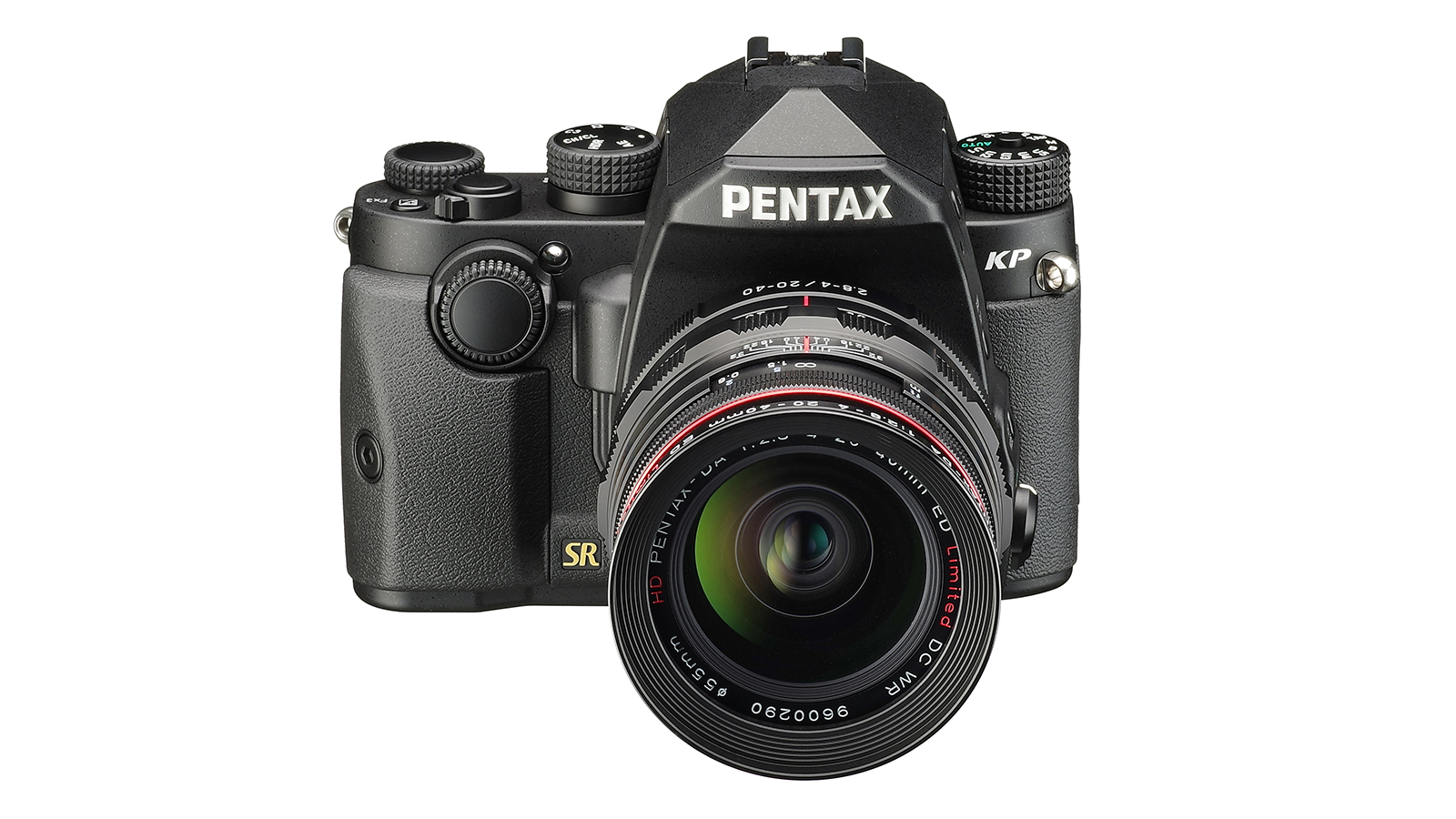
Mirrorless Camera vs DSLR: Performance
DSLR have autofocus and phase detection functions which make it easy to shoot (again, perfect for a novice), but as mirrorless models become more popular, their focusing is also becoming pretty impressive compared to DSLRs.
Mirrorless are also a lot better for video shooting and will be a lot less expensive than finding a DSLR that shoots in 4K.
The electronic viewfinder of a mirrorless is much more stable and makes it easier to watch the footage as it’s being shot, and the screen can be flipped when recording yourself and you want to check footage as you record.
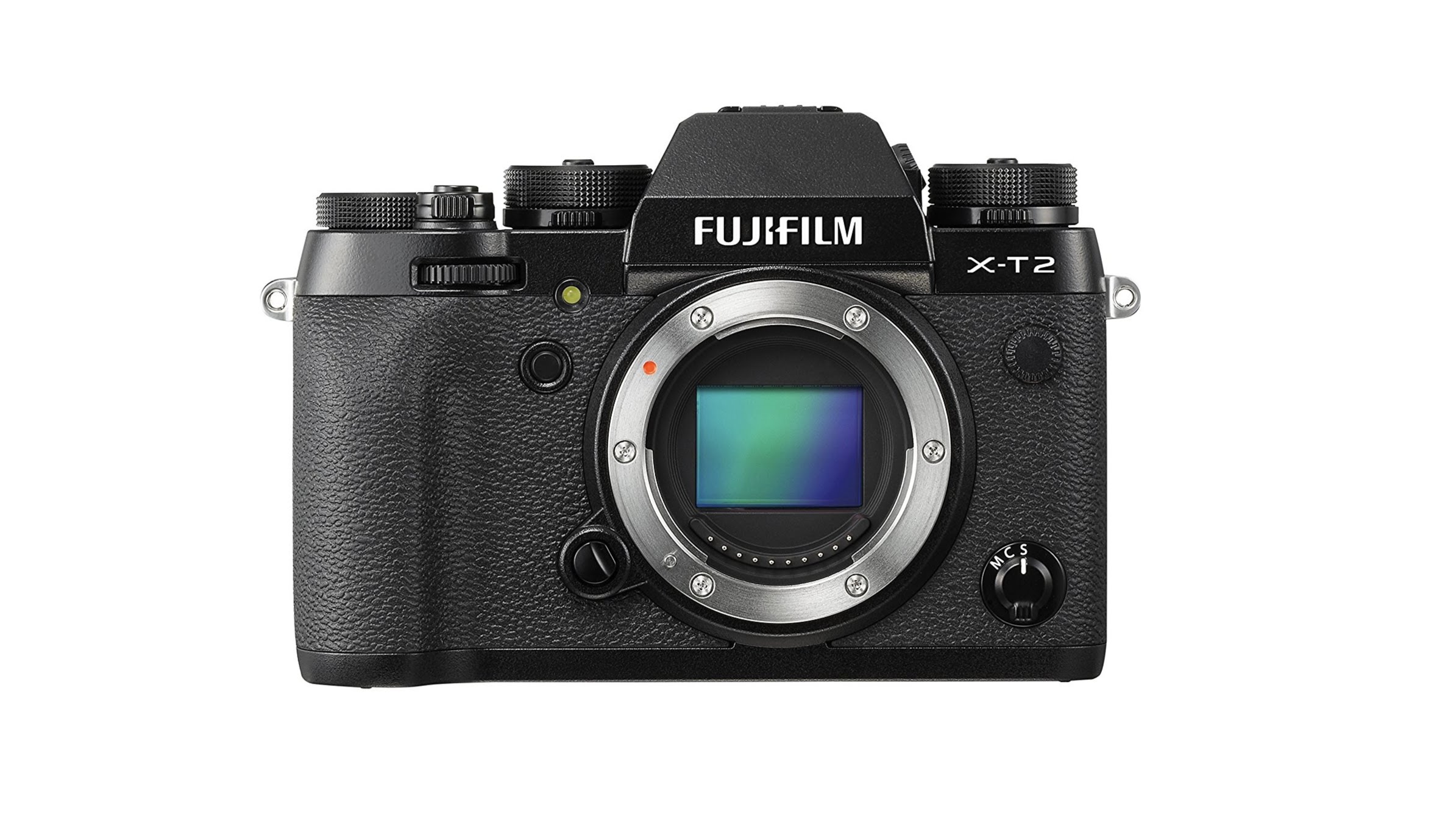
Mirrorless Camera vs DSLR: Our verdict
Ultimately, both have some great reasons to buy. If you’re someone who simply enjoys taking photos for yourself on holiday, then a mirrorless camera is undoubtedly your best bet: it’s lighter, more compact, affordable, and the electronic viewfinder may feel more intuitive if you’ve never used a big camera before.
In a world where we often use our phones for absolutely everything, a mirrorless model is the perfect solution for vloggers and amateur photographers.
DSLRs will forever remain popular, and there are many strong features we think mirrorless models could never do better. While they’re a biggest investment overall both money-wise and equipment-wise, if you’re serious about your photography and really want to refine your skills, the range of lenses and functions that come with a DSLR will allow you to do just that.
Browse deals on the best mirrorless cameras and DSLRs below:
Liked this?

Sarah-Jane is an experienced writer who has created reviews and buying guides for a number of publications including TechRadar, T3.com, Real Homes and TheRadar. She's a pro at finding the best products on the market and presenting them for your viewing pleasure.